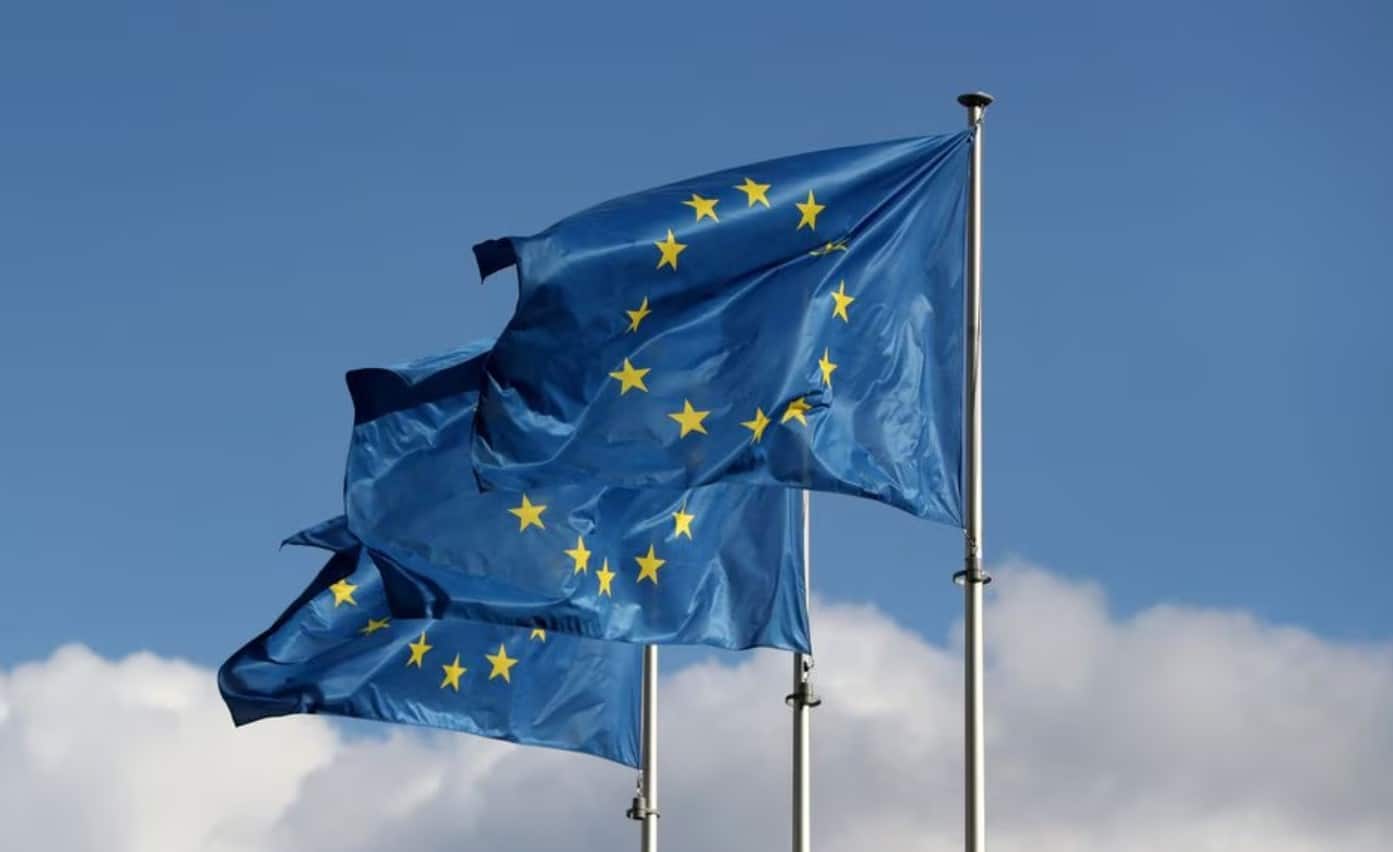By Maria Demertzis
We are only halfway through the implementation of the NextGenerationEU Recovery and Resilience Facility (RFF), so the final judgment on its success is still to come.
However, many are excited about the RFF because it did things in ways that the European Union is typically not good at: it was created fast when the EU is typically slow; it acknowledged, for the first time, the benefits of issuing common debt as a way of sharing risk and it made a very decent attempt to condition help given on effort made. It did this while providing help according to needs.
This last part, which recognises the need to maintain cohesion in the EU, must not be forgotten as the EU now rushes to regain global competitiveness. In his recent speech at the Sorbonne, President Macron presented his vision of Europe. A speech on Europe from any sitting French President will always be read with great interest across the continent. Partly motivated, no doubt, by the upcoming elections, it speaks first and foremost to the French public whose vote he needs. The text is peppered with hyperboles, Europe – it can die – and Anglicisms are not to be used (but if used, apologies will be issued).
But once you strip this speech from oratory flare, it is a description of how the age of innocence is behind us, at least for the foreseeable future. The peace dividend the continent had benefited from is over. Countries must spend a few percentage points of their GDP on defence investments. The West can no longer dictate the way of doing business, and to compete, it must subsidise the technologies that will dominate the future. Our economies will have to rely a lot more on producing and consuming domestically rather than producing abroad and exporting. Based on this argument, President Macron argues that trade agreements are, therefore, of less relevance.
The answer he offers is speed, simplicity, and, of course, an increase in annual investments to the order of between 600 to 1000 billion euros that would require the involvement of the private sector. The EU must do this to gain scale and compete with the two main global players, the US and China.
This is all very good but what will this mean for the EU’s internal cohesion? This is where the speech is silent.
First, President Macron argues for a common security framework. But how can we consider a common framework without a common foreign policy? The efficiency argument often put forward, fails to acknowledge the heterogeneity in the approach of member states to security. If the threat is Russia, speed is of the essence.
Coordination to help Ukraine is what must be achieved. In the long-term, efforts to advance a European security framework will need to overcome serious hurdles: it must appreciate the reluctance of countries to forego degrees of freedom in deciding how to organise their defence, be placed in the context of how it will complement or antagonise NATO and what that would mean for EU-US relations.
Second, he argues for subsidising industries that will be critical in the future. However, as the lifting of state-aid rules demonstrated during the pandemic, the biggest winners of this relaxation are the big countries because they have the means to support their industries.
Subsidising the technologies of the future may help restore global competitiveness, but will it do that at the expense of the level playing field within the EU?
Third, President Macron joins everyone else on the need to advance the Capital Markets Union agenda. He proposes to do so within the next 12 months by creating one common supervisory authority for capital markets. To do that in such a short time, however, one can only advance with the ‘coalition of the willing’.
But if a Union a la carte is the only way to advance in this regard, then cohesion is totally compromised. More to the point: it is unclear how a common rule book will ensure the creation of a common market for capital when a common supervisory authority for banks that has existed for over a decade has done little to advance a common market for banking services.
The recently published Letta report on the single market argued for the ‘right to stay’ as the essence of cohesion. The EU is not just 450 million people. It is also 27 countries. One cannot imagine that the EU’s ambition to compete globally is worth achieving at the expense of depopulating whole countries. Who will take care of that?
Maria Demertzis is a Senior fellow at Bruegel think tank, Brussels. The article was posted by Bruegel and on the blog of the Cyprus Economic Society.







Click here to change your cookie preferences